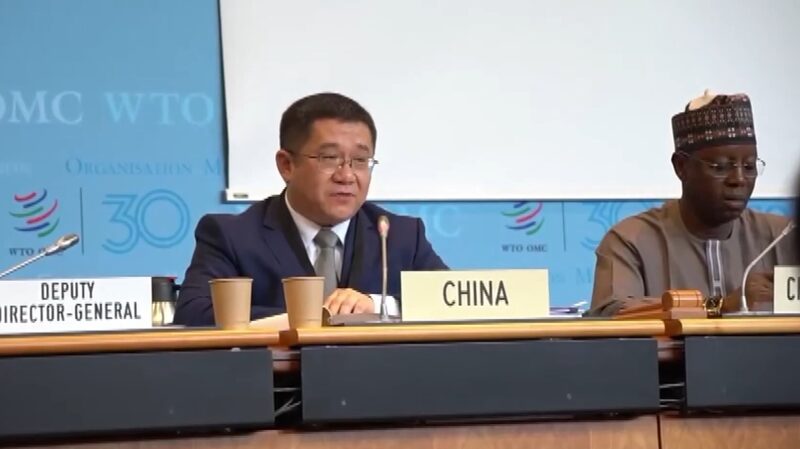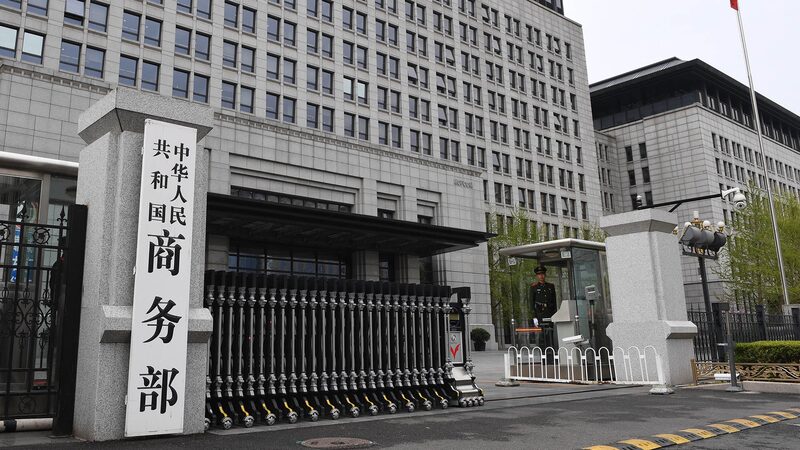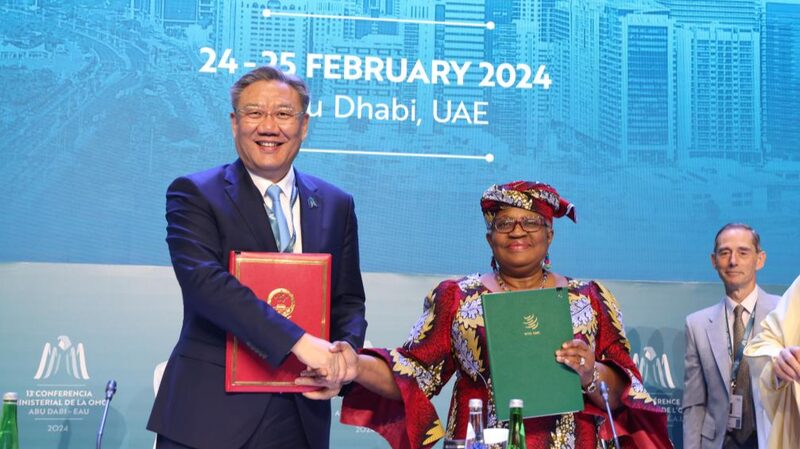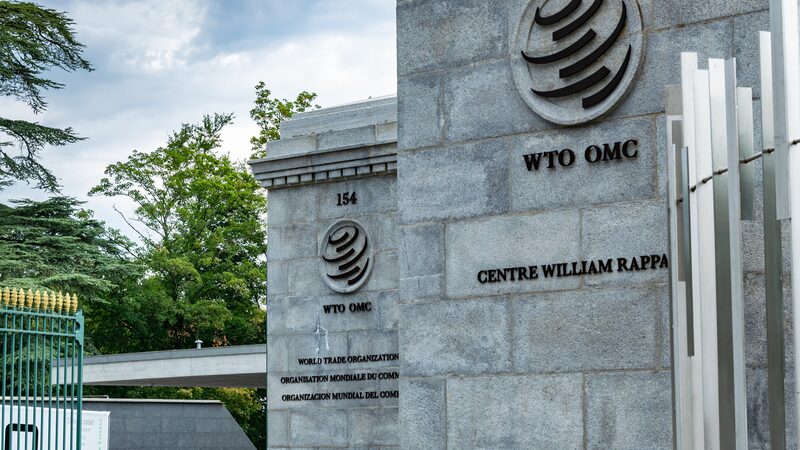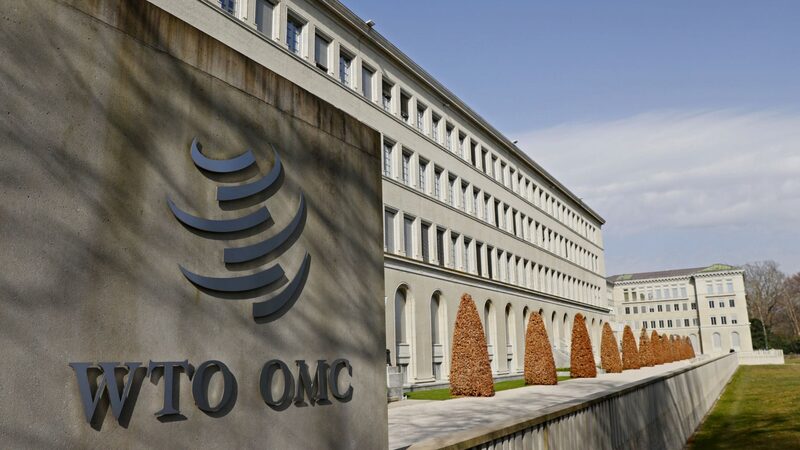The European Union has moved to restrict Chinese medical device suppliers from participating in its public procurement programs, marking the first application of its International Procurement Instrument (IPI). The measure, supported by EU member states, allows Brussels to limit market access for third-country bidders deemed non-reciprocal in public tenders.
Trade Fairness in Question
The China Chamber of Commerce to the EU criticized the decision as contradictory to the bloc's principles of openness and non-discrimination. China's Ministry of Commerce condemned it as protectionist, warning it could strain economic relations. Analysts note the move comes as China seeks expanded membership in the WTO's Government Procurement Agreement (GPA), which guarantees equal treatment for signatories.
Global Procurement Landscape
While the EU grants GPA members access to its $2 trillion annual public procurement market, China remains outside the agreement despite applying in 2007. Negotiations stalled over demands for greater Chinese market access concessions. Meanwhile, Chinese firms have won EU contracts through competitive pricing, particularly in medical equipment and green technology sectors.
Broader Implications
The restrictions highlight growing economic friction as the EU seeks to balance fair competition with strategic autonomy. Observers suggest the outcome could influence ongoing China-EU investment treaty talks and set precedents for how major economies manage globalization's asymmetries.
Reference(s):
New restrictions for Chinese companies in EU public procurement
cgtn.com

